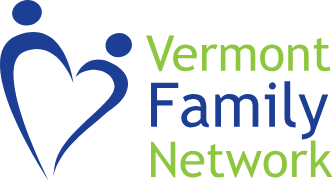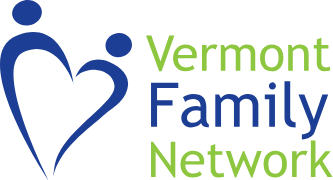HCBS TRAININGS
Home and Community-Based Services (HCBS) programs form the cornerstone of support for individuals with disabilities, offering a diverse array of health and supportive services within the familiar comfort of their homes and communities. This approach stands in stark contrast to traditional institutional care, prioritizing person-centered support that honors individual dignity and autonomy.
Learn more about the importance of verbiage around diagnosis and how thoughtful and respectful language is essential for improved Family Engagement.
Learn more about the DCHC programs available to families and how the application process requires families and providers to work together.
Respite Care on Biteable.
Learn more about the Importance of Respite Care for Caregivers and funding available to families.
Learn more about Sibling Support for Children with a Disability or Special Health Needs.
To stay current on new and upcoming trainings, sign up for our HCBS Training Newsletter!
The VFN Family Engagement Curriculum Outlines Four Primary Practices Vital for Effectively Supporting and Engaging Families:
At the heart of these programs lie family caregivers, whose tireless, often uncompensated efforts complement and extend formal services, creating a robust support network for their loved ones. Recognizing the pivotal role these caregivers play, HCBS programs must adopt a holistic strategy to engage and support family caregivers. By implementing comprehensive, family-centered practices, HCBS providers can ensure that caregivers are equipped to provide effective care while maintaining their own health and well-being. This approach not only enhances the quality of care for individuals with disabilities but also bolsters the long-term viability and success of HCBS programs, creating a sustainable model of community-based support that benefits all stakeholders.

Implementing strategies that prioritize the needs, preferences, and strengths of families, ensuring that their voices are heard and respected in the care process.
Building and maintaining relationships based on trust, empathy, and open communication are foundational for effective family engagement.
Ensuring that all communication is culturally sensitive and linguistically appropriate, addressing the diverse needs of families, and facilitating understanding and collaboration.
Empowering families to take an active role in decision-making and advocacy, providing them with the tools and resources needed to lead and advocate effectively.
Family engagement fosters culturally and linguistically responsive relationships with families characterized by reciprocity and meaningful participation. Successful family engagement is built on collaboration, trust, and mutual respect and involves deeply understanding and responding to each family’s unique needs. This process requires active listening and acknowledging the vital role families play in the care and development of their loved ones. Meaningful engagement with families leads to positive outcomes by ensuring they are fully supported and involved in the care process.
Effective HCBS programs must address the needs of both patients and caregivers. Integrating HCBS with other health and social services and adopting effective family engagement practices can significantly improve outcomes for patients and caregivers. Using the family engagement guidelines outlined below will guide HCBS Providers on how to effectively engage families and provide support to alleviate the stresses experienced by family caregivers.

